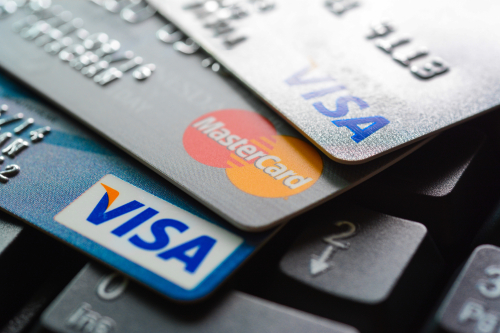

New data from the Reserve Bank of Australia (RBA) has revealed that Australians paid down a total of $5.5bn in credit card debt since the start of COVID-19.
In addition to this 20% reduction in debt, nearly half a million credit card accounts were closed over the four month period.
“One of the few positives from the COVID-19 pandemic is that credit card debt is being kicked to the curb,” said Sally Tindall, research director at RateCity.com.au.
“Credit card debt is one of the worst types of debt, with interest rates climbing as high as 24.99%. Getting rid of it will free up space in the family budget before the government scales back COVID relief payments.”
The statistics are also promising when looked at year-on-year, with debt accruing interest decreasing by $7.3bn; however, month-on-month, from July to June, Australians did use their credit cards 1.7m times more.
Tindall has attributed the paying down of credit card debt to two primary factors: tax returns and early access to super.
In July, 1.1m people accessed their super for a second time, taking out around $8,500 on average according to APRA data. Also in July, 2.6m people received their tax returns which averaged around $2,400 as shown by ATO figures.
“Using lump sum payout like tax returns to pay off a credit card that’s accruing interest every month may help families stay afloat in the long run,” said Tindall.
“With JobKeeper and Jobseeker getting scaled back, the budgets of many households are about to get a lot tighter. Not having to make regular credit card repayments will take a little pressure off for the tough times ahead.
“However, don’t just swap one debt trap for another, if you’re overspending on buy now, pay later services, then shut down those accounts too," she finished.
